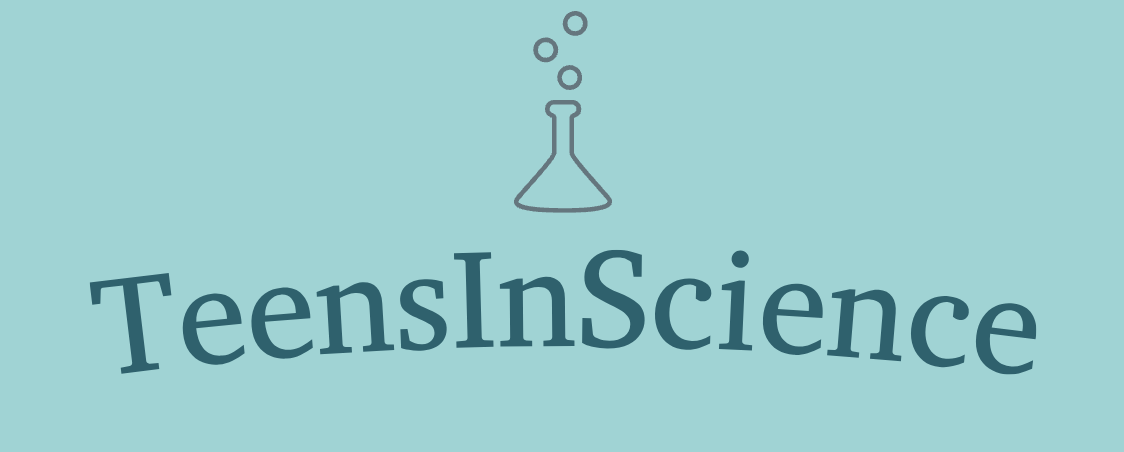The Global Water Crisis
This article will discuss what the global water crisis is, who it affects, and its impact on the world.
Date Published: 8/31/25
Introduction
Water is essential to life, but millions of people around the world still lack access to clean, safe drinking water. The global water crisis is one of the most pressing issues of our time, and it affects everything from health and sanitation to education and economic development. In this article, we’ll explore the causes of the water crisis, its impact on communities, and the solutions that could help solve this urgent problem.
What is the Global Water Crisis?
The global water crisis refers to the growing shortage of clean, accessible water worldwide. This issue is not just about the lack of water, but also about the contamination of water sources and the unequal distribution of water resources. While some regions have an abundance of water, others face severe water scarcity. The crisis is caused by several factors:
Overpopulation: As the global population continues to grow, the demand for water increases, putting stress on freshwater sources.
Climate Change: Changes in weather patterns, including droughts and floods, affect water availability and quality.
Pollution: Industrial waste, agricultural runoff, and improper waste disposal pollute rivers, lakes, and groundwater, making water unsafe to drink.
Poor Infrastructure: In many developing countries, outdated or non-existent water infrastructure makes it difficult to provide clean water to communities.
The Impact of the Water Crisis
The lack of clean water has serious consequences for public health. Contaminated water is a major cause of waterborne diseases such as cholera, dysentery, and typhoid, which claim millions of lives every year, especially among children. In addition to health issues, water scarcity can lead to:
Food Insecurity: Water is essential for agriculture, and without enough water, crops fail, leading to food shortages.
Economic Strain: Access to water is necessary for industries, energy production, and sanitation. Water scarcity can slow economic growth and reduce productivity.
Education: In areas where water is scarce, children—especially girls—are often required to spend hours collecting water instead of attending school, limiting their opportunities for education and a better future.
Solutions to the Water Crisis
While the water crisis is a daunting challenge, there are several solutions that can help address the problem. These solutions involve a combination of technological innovations, policy changes, and community efforts.
Water Conservation
One of the most effective ways to combat the water crisis is to reduce water consumption. Simple actions such as fixing leaks, using water-efficient appliances, and reducing water waste in agriculture can make a big difference.
Desalination
Desalination is the process of removing salt from seawater to make it drinkable. This technology has the potential to provide clean water to regions with limited freshwater resources. However, desalination is energy-intensive and costly, so it’s not a one-size-fits-all solution.
Water Filtration and Purification
In many parts of the world, water is contaminated with harmful bacteria and chemicals. Low-cost water filtration systems, such as ceramic filters or solar disinfection, can help provide clean drinking water to communities. Large-scale water purification plants can also help treat contaminated water and make it safe for consumption.
Improved Infrastructure
Building and maintaining reliable water infrastructure is crucial to ensuring that clean water is available to everyone. This includes the construction of pipelines, water treatment plants, and wastewater management systems. Governments and international organizations must invest in these systems, especially in developing countries.
Global Cooperation
Solving the global water crisis requires cooperation between countries, industries, and individuals. International organizations like the United Nations (UN) are working with governments to address water scarcity through policies, funding, and awareness campaigns.
Works Cited
"The Water Crisis." United Nations Water, www.unwater.org/water-facts/.
"Water Scarcity." World Health Organization, www.who.int/news-room/fact-sheets/detail/water-sanitation-and-hygiene.
"Solutions to the Water Crisis." Water.org, www.water.org/our-impact/solutions/.
"The Global Water Crisis." Global Water Institute, www.globalwater.org/global-water-crisis/.
"Desalination: The Pros and Cons." National Geographic, www.nationalgeographic.com/environment/freshwater/desalination/.
